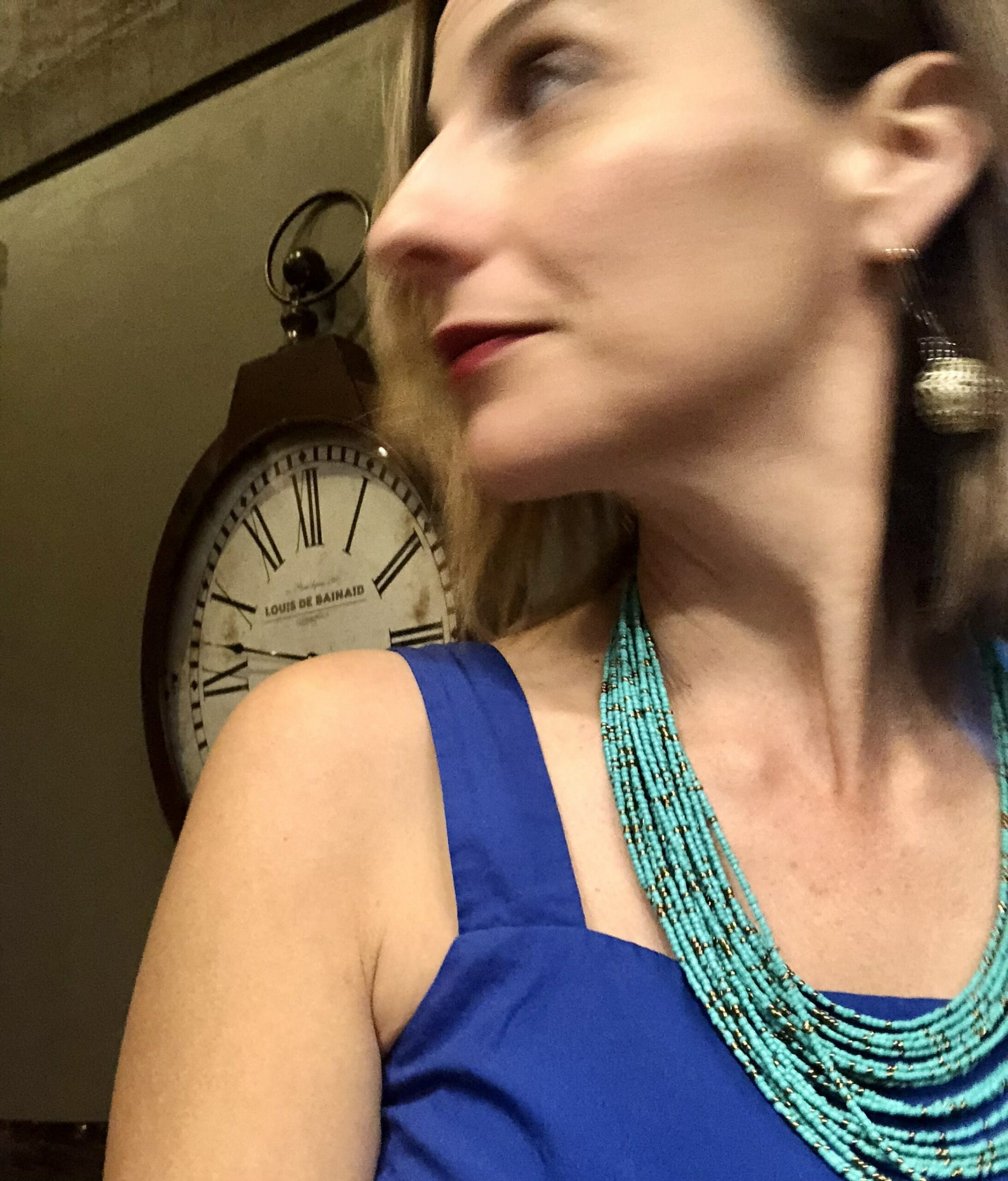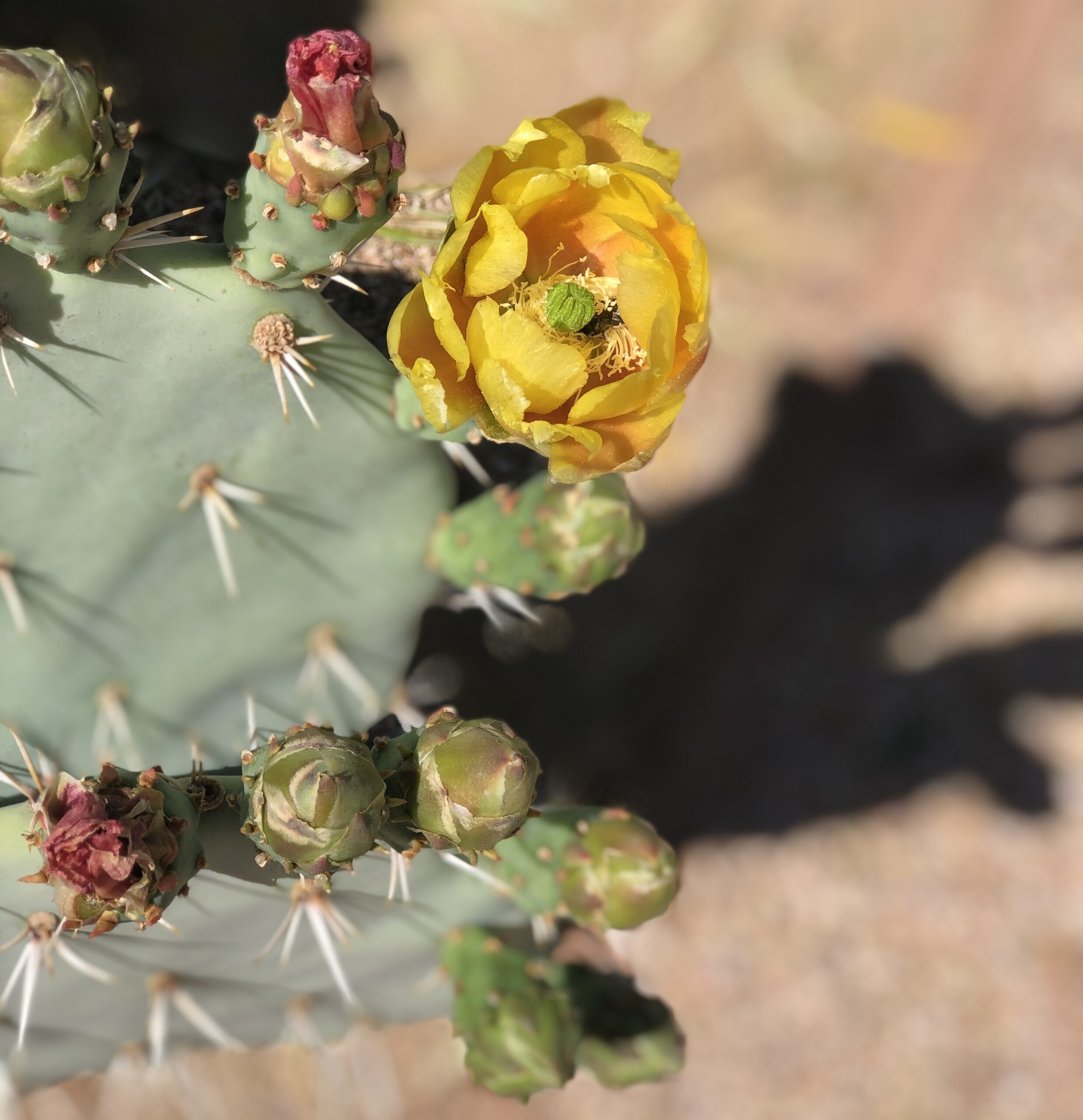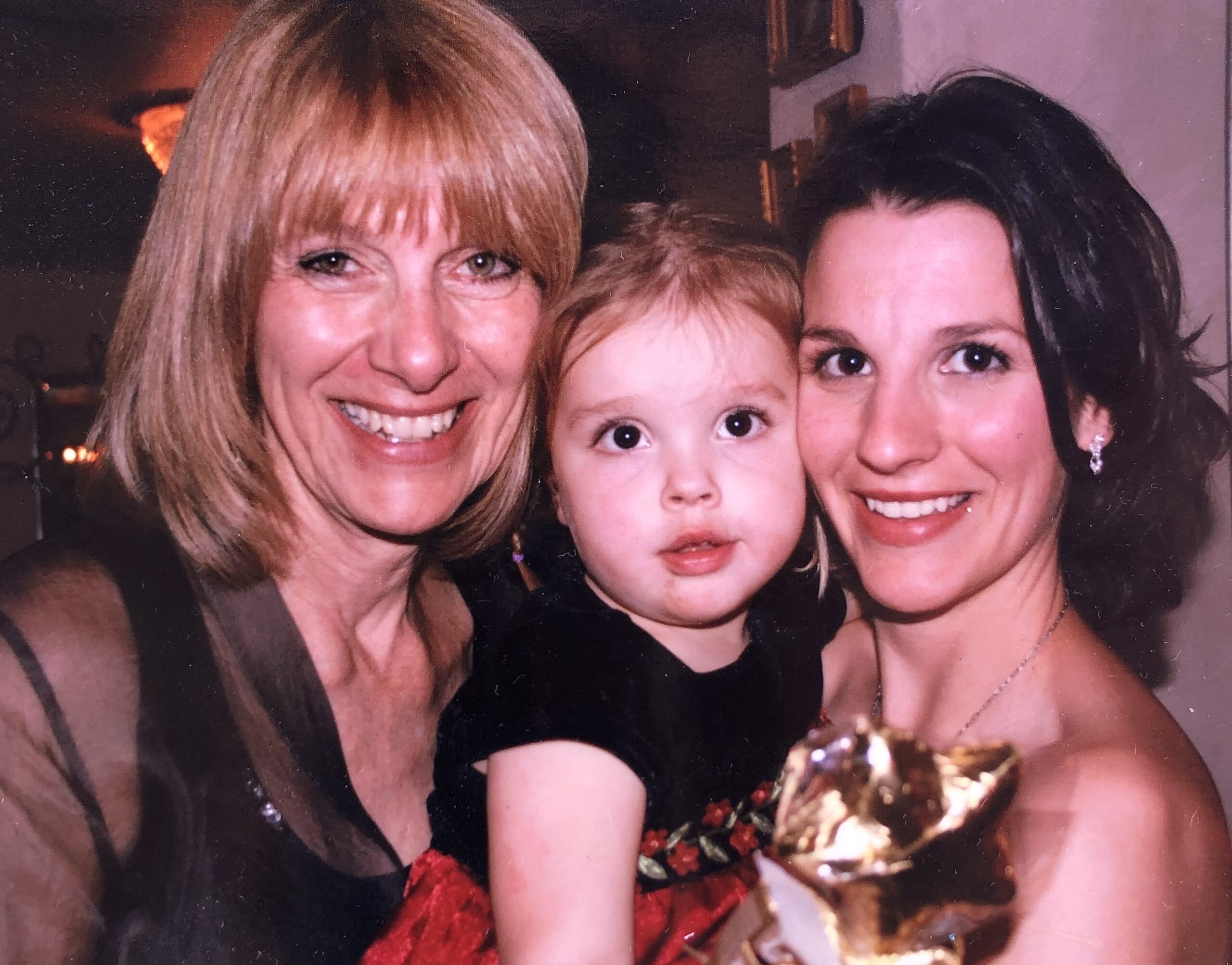The Most Terrifying Question You Could Ask You

What does it mean to Opt In? (<- This is not the question.)
In my work as co-founder of Root + River, my fellow co-founder, Justin Foster, and I talk a lot about Opt-In leadership and Opt-In cultures.
You can read more about it here, but it essentially means the process of openly agreeing to transfer and to apply the knowledge and experience you gained in the 20th century into the 21st — trading resistance and fear for acceptance and excitement about what the future holds. It means embracing humanistic work cultures, placing people over profit and leading with high EQ, which is the single most predictive measure of a successful leader.
Opting In, as a process, is more of a becoming rather than a decision in a moment. Some leaders come to it quickly, some take their time.
Opting In happens in leadership. But I realized recently it also happens in many similar ways in our lives.
If you’re truly alive, if you are brave, and, I think, if you are lucky, then you get a chance to re-up into your life.
You get a chance to ask and deeply consider one of the greatest question we can ask ourselves, which is “Is this what you want?”
“Is this job/relationship/role/treatment/mindset what you want?”
And then have the space and grace to answer out of intense honesty, and not out of requirement, obligation or routine.
To answer for yourself. For you. Alone.
I get it.
It’s a terrifying question to ask.
And it’s a terrifying question to answer, especially when, in that moment, you don’t want to look the actual answer in the face. It’s even more frightening when you are so off-course you do not truly know what the real answer is.
Sometimes I’ve asked myself this question and not had an answer at all. Just silence.
Sometimes I’ve asked it and truly not known the answer because I was so out of joint with my own heart and drive. (Which led to relentless questioning of myself — exhausting!)
Sometimes I’ve asked it and been able to answer, “yes,” with gratitude, relief and the acknowledgement of the hard work it took to get there.
Setting aside the fear, I consider the question as a moment of ownership of your life. It’s a moment of agency over your decisions. It’s a reclaiming of your command and your ability to freely make choices for yourself.
And here’s the reality.
The hardest bits of life are not when you don’t have an answer.
It’s when you don’t get the chance to answer the question at all.
Cancer didn’t ask my mother if she wanted it to settle in her pancreas, then her liver, then her lungs. Lou Gehrig’s disease didn’t ask my father-in-law if he wanted that diagnosis at 49. AIDS didn’t ask my childhood friend if he wanted to leave his parents and die before he hit 40. Leukemia didn’t ask permission to take the life of a friend’s young daughter.
Aside from that, you have a choice. Lots of them, actually.
Over my years thus far, I have faced the question, “Is this what you want?” in many different situations and forms. I avoided it mightily at first. I made it about everyone else. I made it about taking care of everyone else. I made it about duty, I made it about all the work I put in to get there — at that moment.
Then, finally, I made it about me. And I faced the fear of the question and found — freedom beyond it.
Not that the answer gave me freedom per se, but it gave me a chance to assess and own my life in a new way and choose for myself. It made my life more real. It made it matter more. It made it more precious to me.
On the other side of the question lies the reality that we often unconsciously opt out of our lives. We ebb and ebb and ebb and never flow into our own life. We cede the shores of us. Our own shores!
We consider our decisions made. We consider our path set. We consider our identity as fixed. But is it, really?
Or is it that our ideas about our decisions are made?
That the stories we tell about our paths are set?
That our concepts of our identity are fixed, but not — never — the things themselves.




